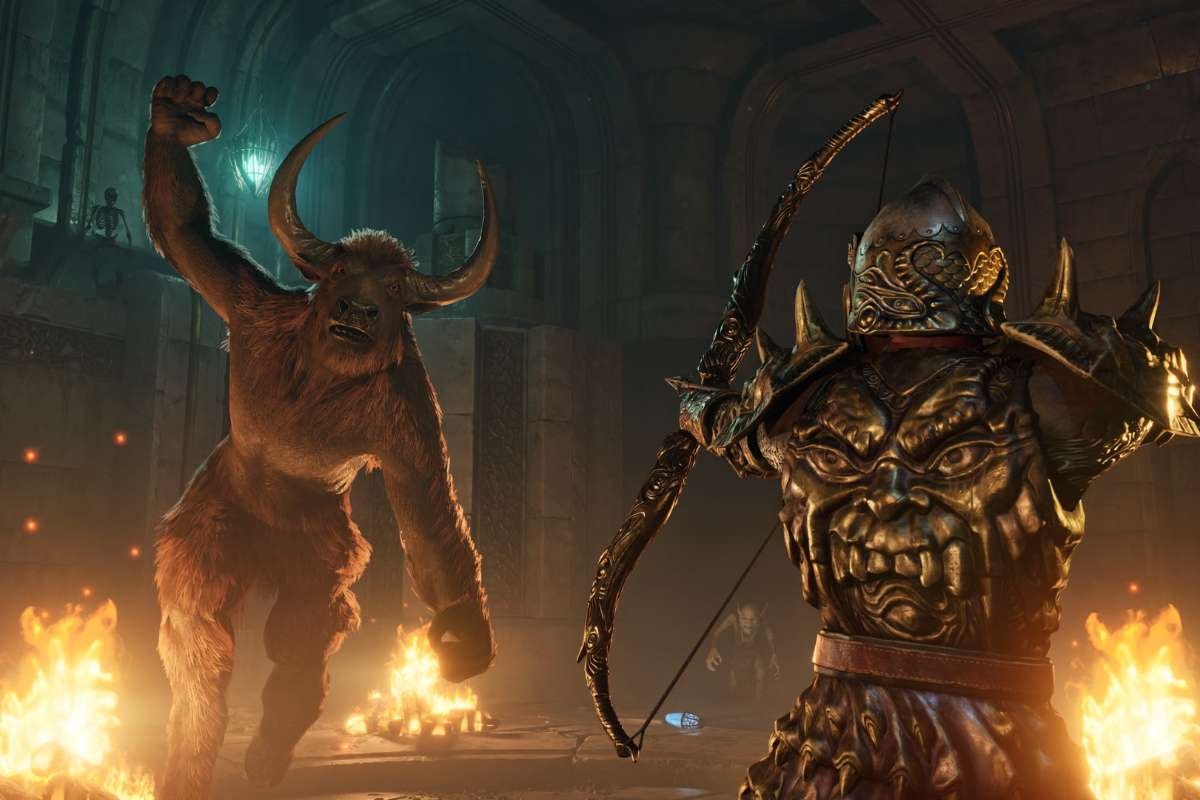Despite The Elder Scrolls V: Skyrim receiving widespread acclaim and maintaining a loyal fan base over a decade after release, some long-time players still look back to its predecessor, Oblivion Magic, as the superior fantasy RPG—especially when it comes to the magic system. The introduction of Shouts (or Thu’ums) in Skyrim offered a fresh mechanic layered on top of traditional spells, but many fans feel the implementation lacked depth. In contrast, Oblivion allowed for a far more fluid and imaginative magical experience that truly embraced the fantasy genre’s limitless potential.
Magic in Oblivion didn’t require players to unequip weapons or assign spells to their hands. This allowed even melee-focused characters to engage with magic naturally, casting spells without altering combat flow. Skyrim, by comparison, limited magic to hand-based casting, making it feel more like a secondary tool rather than a core pillar of the gameplay. Though Skyrim had visually striking spell effects and unique abilities, it lacked the sense of creative freedom Oblivion had established.
Versatility and Variety: Oblivion’s Spellcasting Strength
In Oblivion Magic, spellcasting was deeply versatile and accessible. Players could collect scrolls with various effects—some humorous, others powerful—and the diversity of magical abilities felt expansive and rewarding. Even without specializing in magic, players encountered countless ways to experiment with spells through exploration or progression in the Mages Guild. Each magical school provided meaningful and distinct upgrades as players advanced, avoiding the more linear and limited progression found in Skyrim’s magic system.
What made Oblivion Magic stand out was the sense that magic wasn’t just another combat tool—it was a sandbox of possibilities. Scrolls, potions, buffs, and spells felt like essential components of the world, not just optional upgrades. The remastered version of Oblivion reinforces this contrast, offering modern players a reminder of the richness the older system had cultivated.
Spellcrafting: The Magic That Skyrim Left Behind
Perhaps Oblivion’s most iconic magical feature was its spellcrafting system, unlocked after progressing through the Mages Guild and gaining access to the Arcane University. This mechanic allowed players to combine effects, adjust magnitudes and durations, and name their custom spells. Whether it was a spell that let you sprint across water, leap across rooftops, or paralyze and drain enemies in a single touch, the creative freedom was unparalleled.
The absence of such a system in Skyrim remains a sore point for many fans. Although the game excelled in environmental storytelling, combat variety, and open-world design, its approach to magic felt simplified. With games like Baldur’s Gate 3 pushing the boundaries of magical creativity in RPGs, fans hope The Elder Scrolls VI will bring back the spellcrafting tools that let players truly shape their fantasy experience. Until then, Oblivion Magic remains the benchmark for magical freedom in Bethesda’s beloved franchise.
Visit more of our news! CIO Women Magazine








